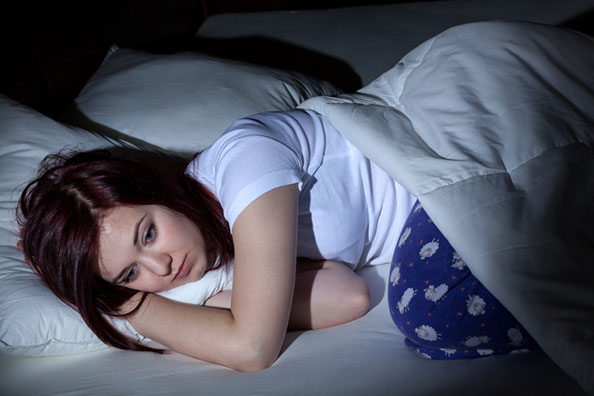Sleep trackers could result in sleep disorders
According to some researchers, "The use of wearable sleep tracking devices is rapidly expanding and provides an opportunity to engage individuals in the monitoring of their sleep patterns."

Washington DC: The increasing craze of using sleep trackers can interfere with proper shut-eye of users of such gadgets and re-enforce sleep anxiety among them.
As per a recent study published in the Journal of Clinical Sleep Medicine, people who are obsessed with the usage of fitness apps and sleep monitoring apps and often wear gadgets to track the quantity and the quality of the sleep are the ones who are high risk of being affected by Orthosomnia or lack of correct sleeping, reports The Independent.
![]()
According to some researchers, "The use of wearable sleep tracking devices is rapidly expanding and provides an opportunity to engage individuals in the monitoring of their sleep patterns."
Also Read | Regulate eating, sleeping time to boost metabolism
Also Read: Why do old people have disrupted sleep?
Further, there are a growing number of patients who are seeking treatment for self-diagnosed sleep disorders including inadequate sleeping or restless sleeping as observed by their respective sleep-trackers.
Due to this, the users are convincing themselves that they are suffering from certain disorders even when they are not.
![]()
Also Read |
Young women sleep more than young men, finds new study
The people have started depending on the results of the sleep trackers and how they are feeling in the morning. If a person feels refreshed in the morning after waking up, that means he had a good quality sleep at night.
According to the National Sleep Foundation, an adult requires seven to nine hours of sleep per night, depending on a range of factors and varying for each individual person.
Also Read: Some tips to sleep faster?
As per reports, some of the commonly found sleep disorders among people are Insomnia, Sleep apnea, Narcolepsy, Restless leg syndrome and shift work that is working in odd-hour shifts and forcing the bodies to work opposite the natural biological clock. (ANI)
 Dynamite News
Dynamite News 